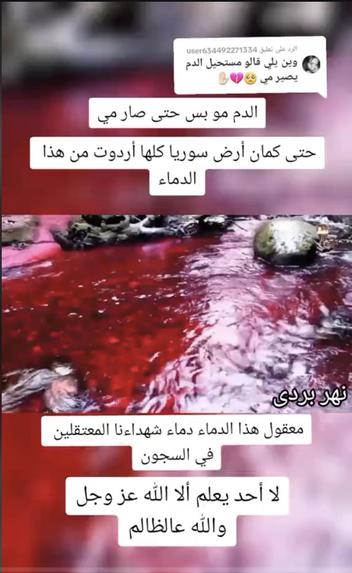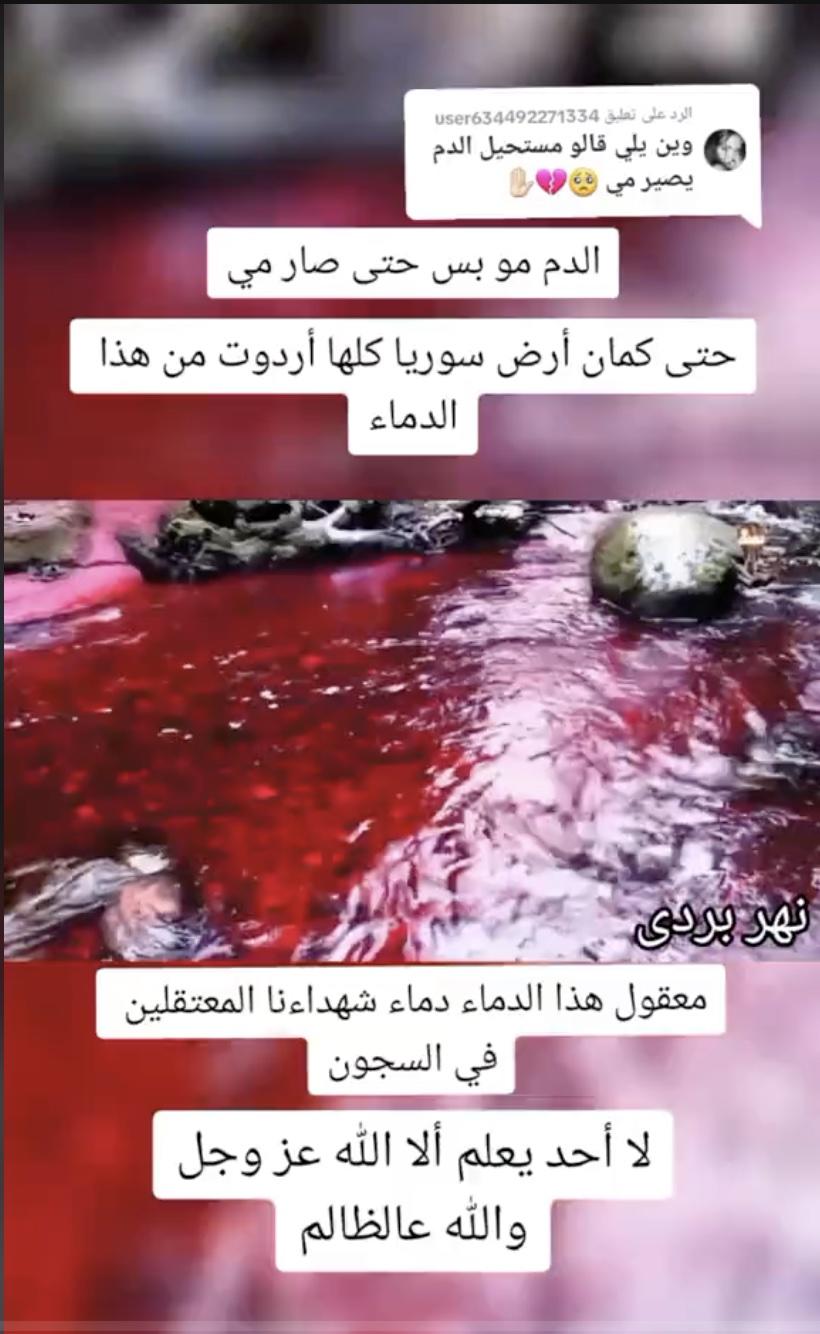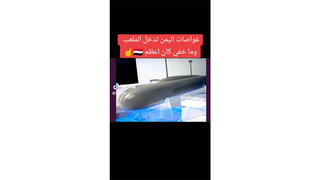
Did parts of the Barada River in the heart of the Syrian capital Damascus turn red because the blood of perished prisoners mixed with its water? No, that's not true: Damascus City officials dismissed the claim, saying the reddish color was due to the mixture of mud and pollutants and other deposits that ended up in the river following heavy rainfalls.
The claim appeared as a video (archived here) and was posted on TikTok on June 3, with solemn music playing in the background, and captions pointing to the red tinge which it alleged to come from the blood of prisoners who perished in Syrian jails.
One captions translated by Lead Stories reads:
Is it possible that this blood is the blood of our martyrs who were detained in jails? Nobody knows, except Almighty God.
Another caption reads:
God is against the oppressor!
This is what the post looked like on TikTok at the time of writing:

(Source: TikTok screenshot taken on Tue Jun 6 10:43:25 2023 UTC)
Al-Jareeda, an independent Syrian website, quoted enviornmentalist and agricultural expert Akram Afif in Damascus as saying that the changed color of the Barada River is a "natural occurance" that affects springs and rivers after heavy rainfall. He explained that it is a temporary condition and asserted that the river's color "will return to its normal state within days."
The Damascus Governorate quickly dimissed the claims that the red tinge in a statement on its website hours after the claim on blood went viral on several social media platforms on June 1.
Despite the effort to allay public anxiousness, Syrians were skeptical. Many rebuked the leadership of Syrian President Bashar Assad in tweets, accusing it of a "new massacre" involving thouands of prisoners.
نهر بردى اليوم في دمشق ، كلام محافظ دمشق مو مقنع الله يستر ما يكون مجزرة جديد بكام الف سجين #دمشق #نهر_بردى #سوريا #ادلب pic.twitter.com/aHZrneLGJP
-- momado.7sn (@Momado7hsn) May 31, 2023










